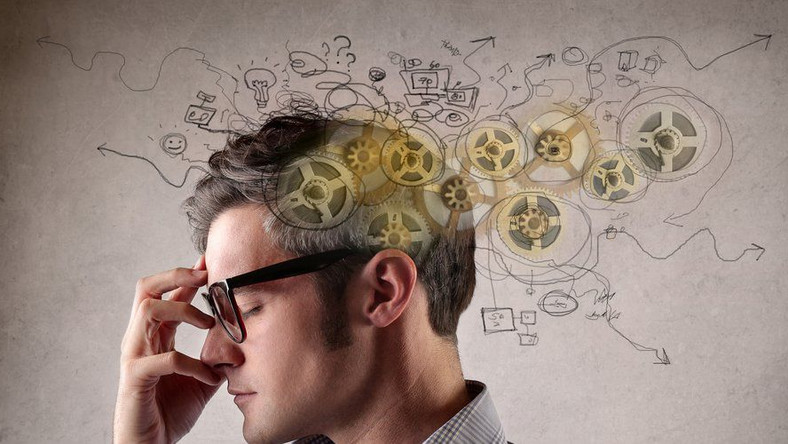Learn about brain health and nootropics to boost brain function
8 Daily Habits That Will Keep Your Brain Young and Sharp

Working at your desk all day can feel monotonous-but at least your brain is breaking a serious sweat: Regularly using a computer makes you 42 percent less likely to show symptoms of cognitive decline, finds new research from the Wisconsin Alzheimers Institute.
Your desktop provides enough stimulation to send your brain into overdrive, firing up your memory-making hippocampus to prevent your grey matter from aging.
As for the negative effects of sitting at a desk all day, this could solve a lot of your problems:
Here are seven more quick tips for keeping your mind sharp now and long into retirement.
Pick Up Your Pace
Take a brief, brisk walk during the day to significantly reduce your dementia risk, suggests a study in the New England Journal of Medicine. Scientists say walking at a power pace will improve your bodys blood flow, thereby sidestepping the condition.
Learn Another Language
Learning a new skill for just 10 minutes a day can help you stave off a cognitive slide, according to research published in the journal Neurology. In fact, the study finds that learning a second language through apps like DuoLingo may be more effective at fighting dementia than any available drugs.
Dont Be So Cynical
Finnish researchers find that cynics-people who generally see the worst in others-are more likely to develop dementia than their more trusting peers.
The scientists dont know exactly how pessimism is linked to dementia, but say that depression among cynics may play a role. Evidence is mounting that your attitude affects your health, the researchers warn.
Watch Your Favorite Sitcom
Spend 20 minutes a day laughing and youll boost your brains defense against dementia, according to the Federation of American Societies for Experimental Biology. Fire up an episode of your favorite comedy after dinner; youll laugh enough to lower the stress hormones, like cortisol, that contribute to cognitive losses.
Brush and Floss Every Day
Ever wonder why people in Colgate commercials look freakishly happy? Its because keeping your oral health in good shape will fight dementia tooth and nail.
Swedish researchers find that men who forget to floss harbor the bacteria Porphyromonas gingivalis, which has been linked to cognitive impairment.
Go to Sleep Earlier
Research in Learning & Memory suggests that catching less than 6 hours of sleep a night could lead to dementia.
To prevent even more cognitive chaos, keep your sleep natural: Findings in JAMA Internal Medicine say sleeping pills can cause dementia by blocking the action of the sleep neurotransmitter acetylcholine.
Make Every Night Wine Night
Researchers at The Loyola University Medical Center find that people who drink one glass of red wine a day are 23 percent less likely to develop dementia.
Credit resveratrol, a naturally occurring antioxidant in vino that fights cancer by keeping your blood vessels dilated and flexible.
Additional research by Ali Eaves
Click here to view full article